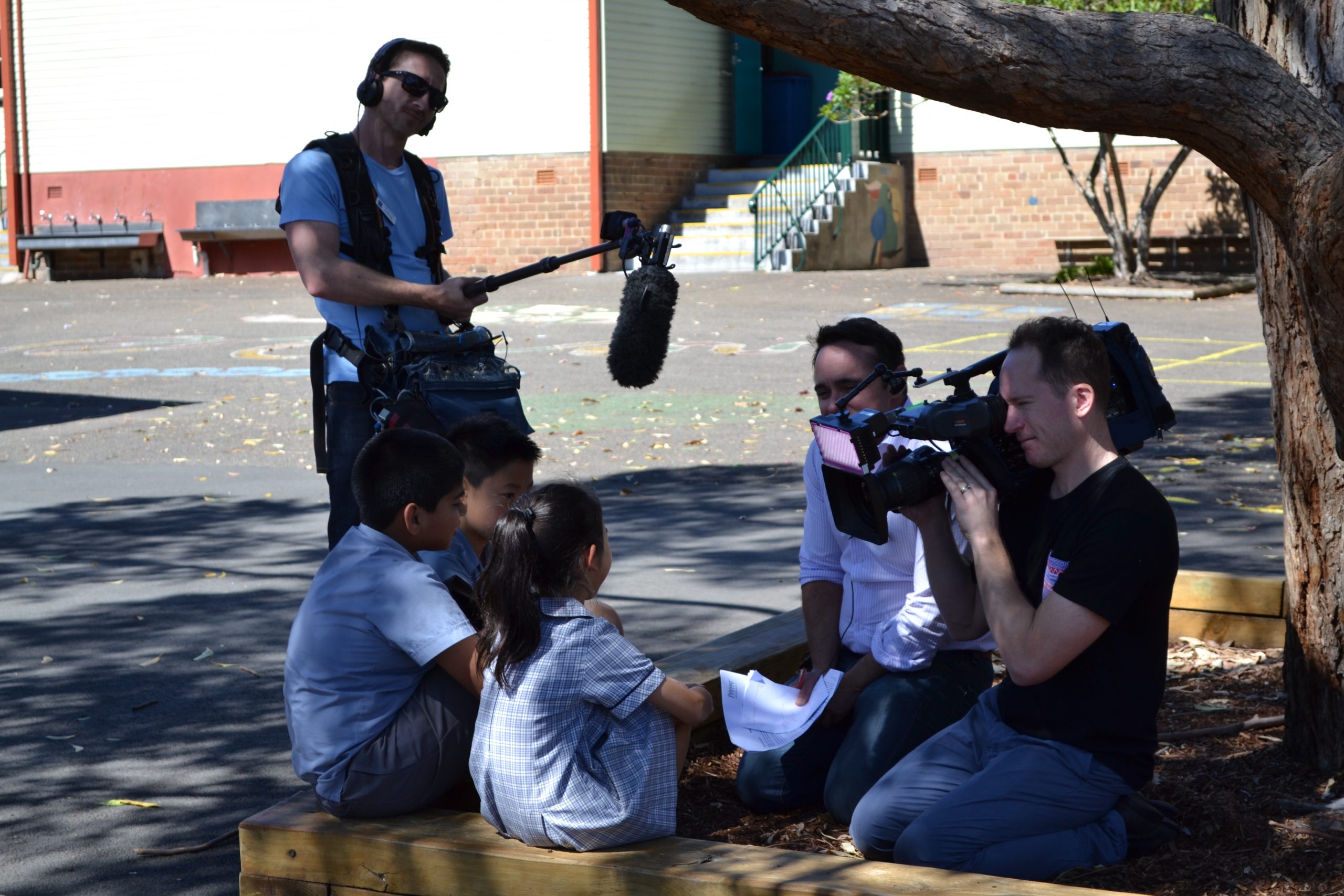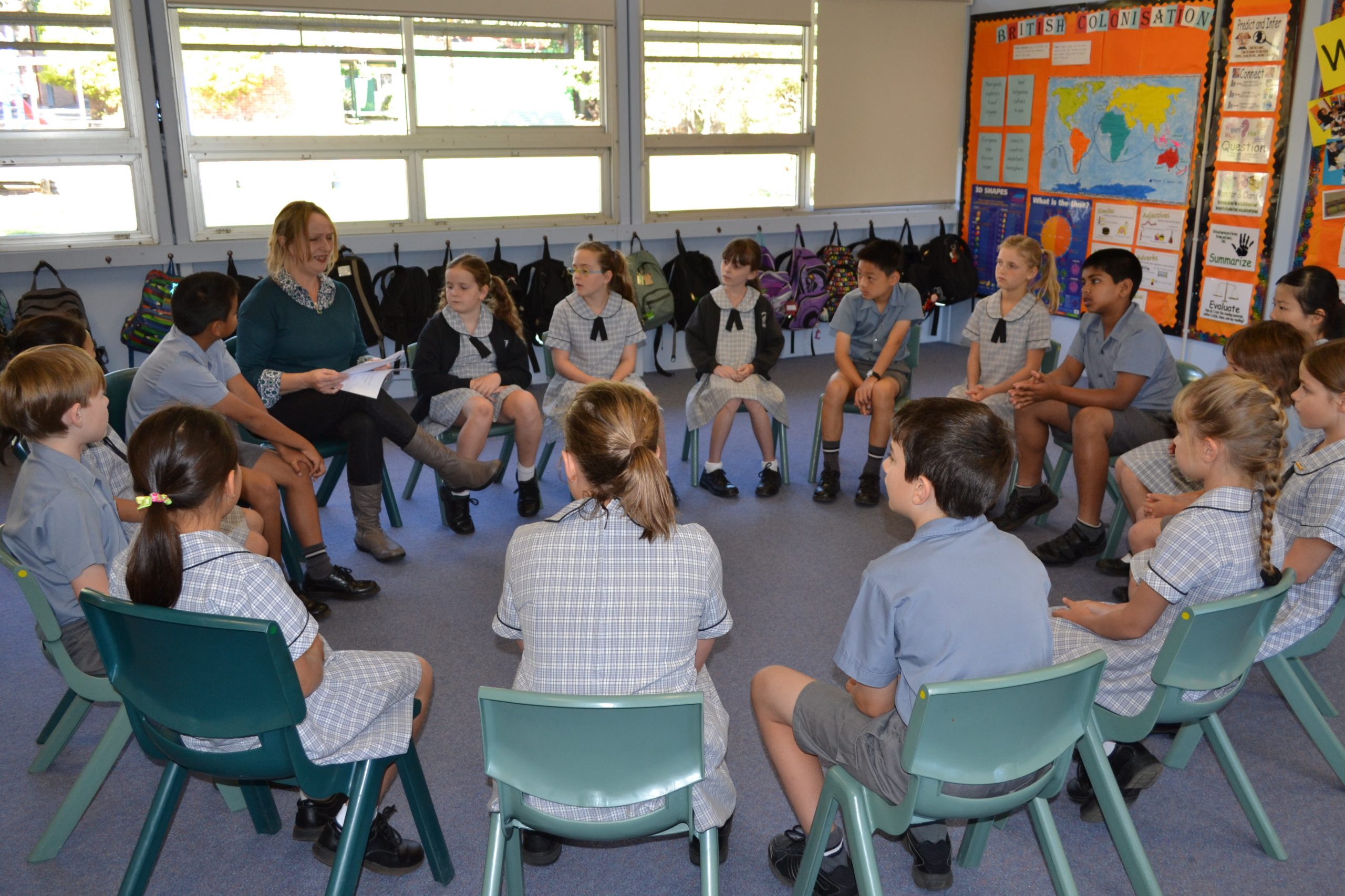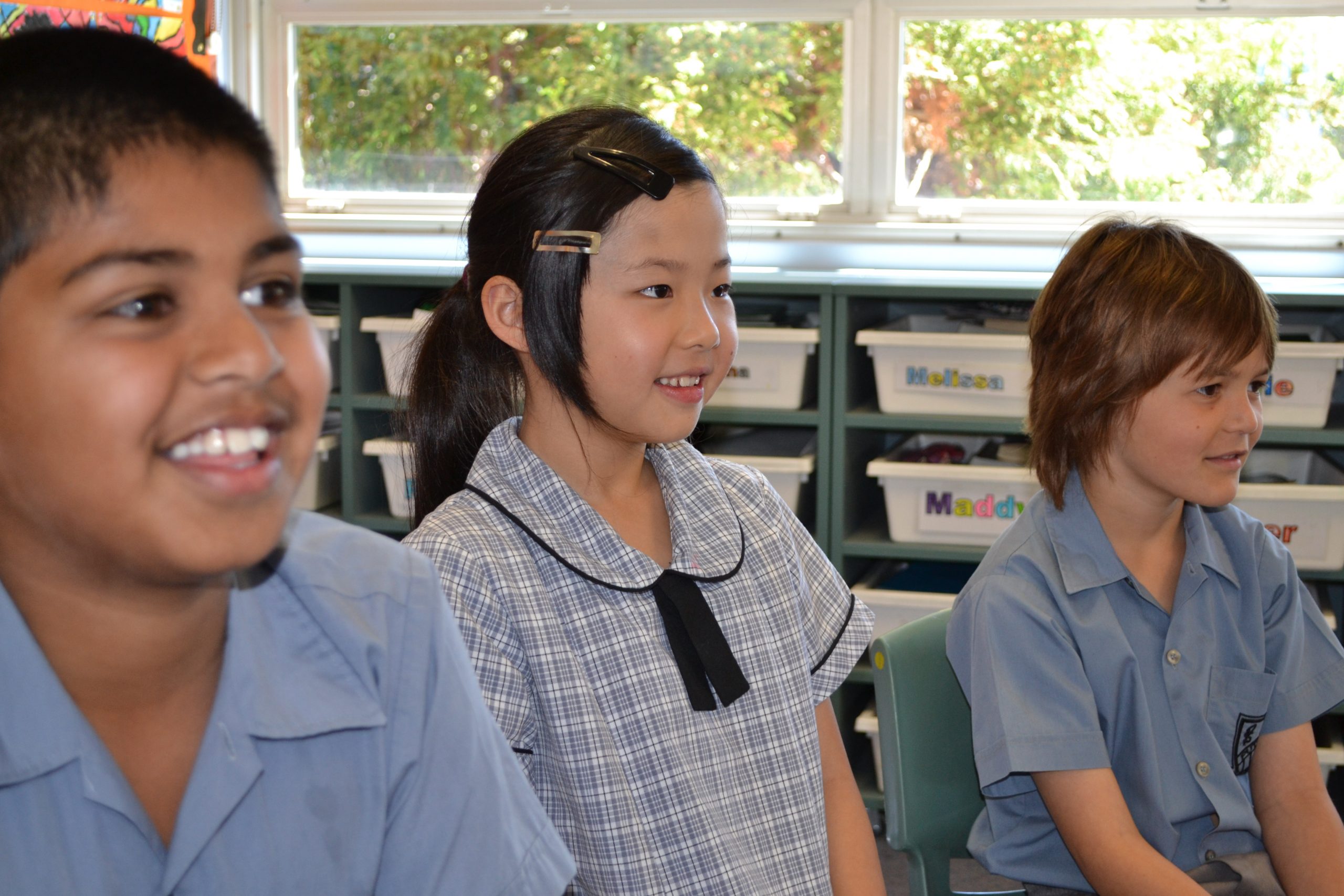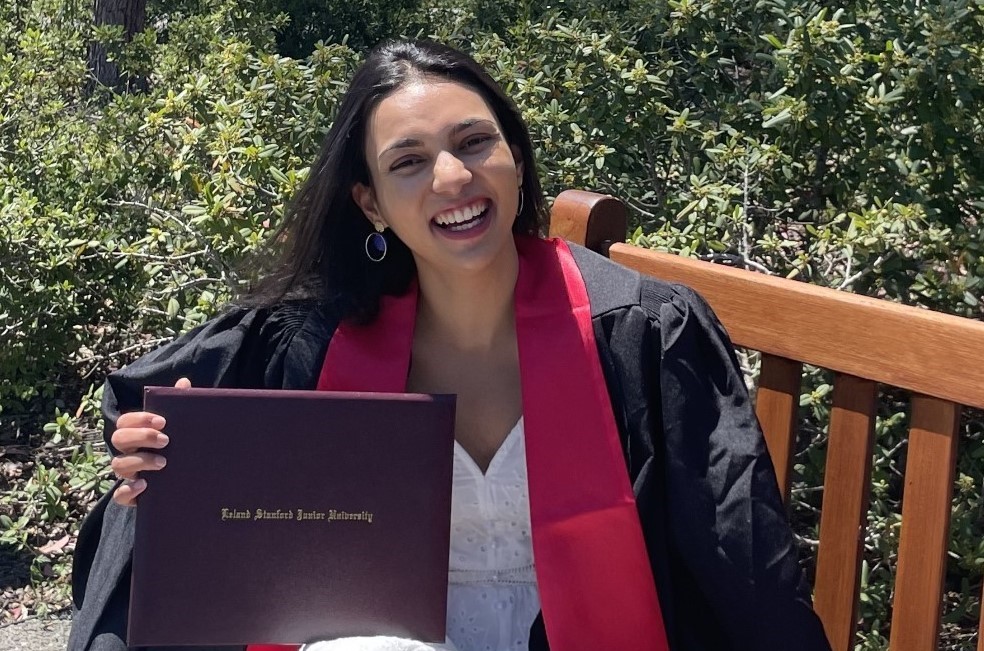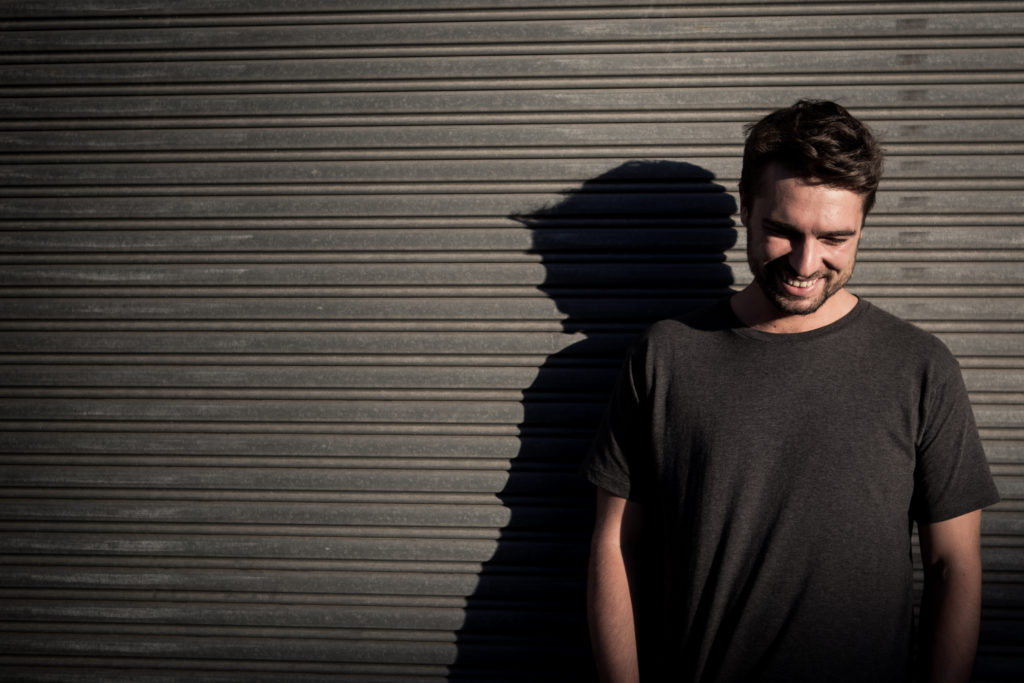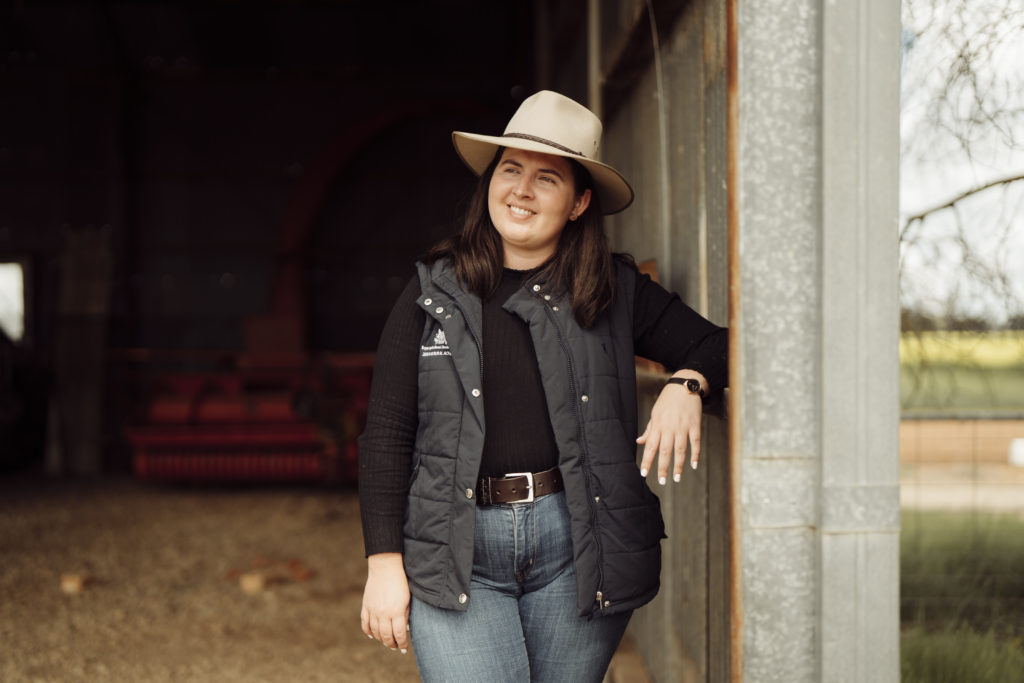Primary Ethics
Primary Ethics was founded by St James Ethics Centre in 2010 after the NSW Government tasked it with delivering ethics education in primary schools.
Primary Ethics' establishment followed amendment of the NSW Education Act 1990 giving students who do not attend special religious education (SRE) classes the legal right to attend philosophical ethics classes.
While the NSW curriculum aims to educate children in values and principles, those attending SRE classes have this work extended. At the time of the request in November 2011, it was estimated that 100,000 NSW primary students in NSW were not benefiting from religious education at school. Primary Ethics is developing K-6 curriculum and teaching materials and coordinates the delivery of lessons via a network of volunteers who it recruits, vets, trains and mentors.
Primary Ethics came to VFFF with a plan to develop a community-sustained income of $1.3 million per annum within five years. The financial model proposed initial support from philanthropy being progressively replaced by general public support which would sustain classes to 70,000 students by 2017. While ambitious, this strategy was based on decades of experience of SRE classes and an extraordinary groundswell of public support for ethics classes, including 400 volunteers coming forward and classes underway in 150 schools in less than a year. The strategy relied on Primary Ethics receiving Deductible Gift Recipient (DGR) status so it could raise funds from philanthropic entities and the general public.
Developing ethical capability in individuals was a particular interest of Sir Vincent Fairfax and led to the creation of the Vincent Fairfax Fellowship nearly 20 years ago, which supports the development of ethical leaders in positions of influence in Australia.
VFFF was motivated by Primary Ethics' aims to encourage the development of moral reasoning and critical thinking skills from an early age, laying a foundation for ethical judgement and responsible behaviour. With 25% of students currently opting out, this was a highly catalytic and large-scale opportunity.
VFFF supported these aims with $150,000 in core funding in 2012. By March 2013, the organisation was supporting 700 volunteers teaching more than 7,000 students a week. This impressive growth was achieved with a small staff and strong volunteer support but few financial supporters as Primary Ethics had not been successful in gaining DGR status. Despite its tenuous financial position, Primary Ethics was determined to continue expanding the reach of ethics classes, the trajectory of which it saw as tempered only by its limited operational capacity. VFFF was conscious that without DGR status, it was one of few private funding options available and in March 2013 approved a further $150,000, giving Primary Ethics another year to develop its sustainability and scalability. In April 2013, the Government announced ‘We are amending the existing category that exists in relation to religious based instruction to open that up to include all providers of ethics-based instruction in schools.’ Once its DGR status became effective in June 2013, Primary Ethics raised $2.5m to reach over 11,000 children in 234 schools in NSW weekly via a network of 1,000 volunteers.
"Without the timely and generous funding we received from the VFFF and the donations of a few individual philanthropists, Primary Ethics would now be a small program running in 100 schools in NSW, unable to meet the community’s demand for ethics classes across the state. Receipt of both VFFF grants allowed us to employ more staff to support our ever-increasing number of volunteers. It gave us a lifeline until we were granted DGR status. We are now well placed to source funding from foundations and the general public, diversifying our income stream and minimising our reliance on the ongoing generosity of just a few."
